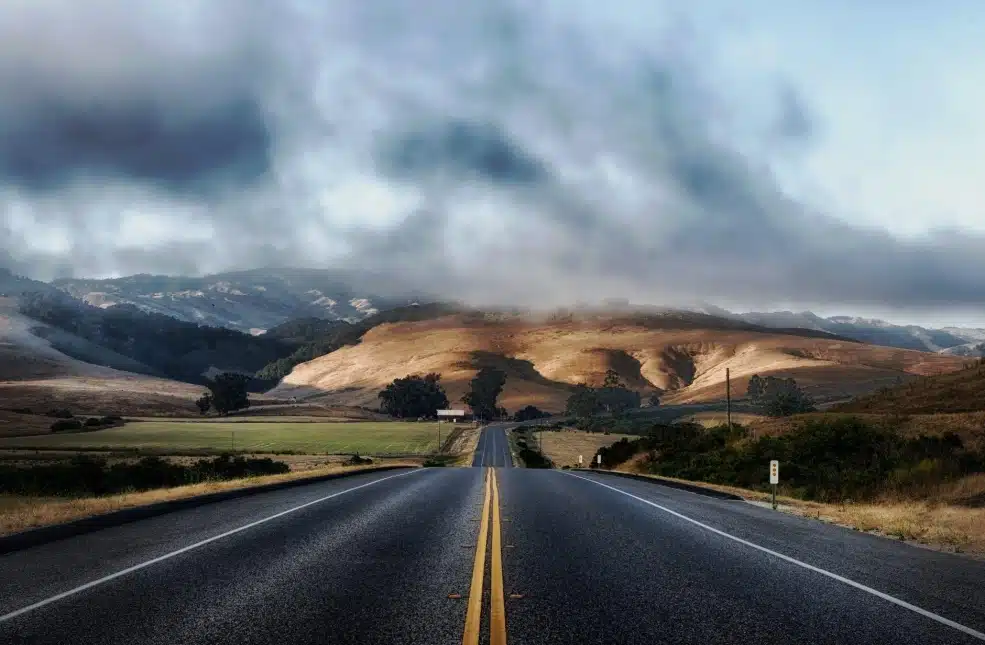Introduction:
Travel has long been a fundamental aspect of the human experience, igniting a sense of adventure, curiosity, and discovery. From ancient pilgrimages to modern-day globetrotting, the desire to explore new places and cultures has shaped societies, economies, and individual lives. In this comprehensive article, we embark on a journey through the evolution of travel, its profound impact on society, and the transformative experiences it offers to those who venture beyond their comfort zones.
The Evolution of Travel:
The history of travel is as old as humanity itself, rooted in our innate curiosity and desire to explore the unknown. From the earliest nomadic tribes who roamed the plains in search of food and shelter to the ancient civilizations that built trade routes and empires, travel has been an integral part of human existence.
The development of transportation technologies has played a crucial role in shaping the evolution of travel. The invention of the wheel around 3500 BCE revolutionized transportation, enabling the construction of carts, chariots, and ships that expanded the horizons of ancient societies.
The Silk Road, which connected the East and West through a network of trade routes, facilitated the exchange of goods, ideas, and cultures between civilizations such as China, India, Persia, and Rome. The Silk Road not only transformed economies and societies but also sparked a renewed interest in exploration and discovery.
The Age of Exploration in the 15th and 16th centuries saw European explorers such as Christopher Columbus, Vasco da Gama, and Ferdinand Magellan embark on voyages of discovery that would forever alter the course of history. These explorers charted new trade routes, discovered new lands, and expanded the boundaries of human knowledge.
The Industrial Revolution of the 18th and 19th centuries brought about a revolution in transportation, with the invention of steam-powered ships and locomotives that made travel faster, safer, and more accessible to the masses. The advent of commercial aviation in the 20th century further transformed the travel industry, making it possible for people to travel across continents in a matter of hours.
Today, we live in an era of unprecedented connectivity, with advances in transportation, communication, and technology making travel more accessible and affordable than ever before. From budget airlines and ride-sharing apps to online booking platforms and virtual reality experiences, the possibilities for travel are endless.
The Impact of Travel:
Travel has had a profound impact on society, culture, and the global economy. It has fostered cross-cultural exchange, promoted understanding and tolerance, and enriched the lives of millions of people around the world.
One of the most significant impacts of travel is its role in driving economic growth and development. The travel and tourism industry is one of the largest and fastest-growing sectors of the global economy, generating billions of dollars in revenue and creating millions of jobs worldwide.
Travel has also played a crucial role in promoting peace and stability by fostering mutual understanding and cooperation between nations. Cultural exchange programs, student exchanges, and international tourism have helped to break down barriers and build bridges between people from different backgrounds and cultures.
Moreover, travel has the power to transform individuals on a personal level, fostering personal growth, self-discovery, and a sense of connection to the world around them. Whether it’s exploring a new city, immersing oneself in a different culture, or embarking on an epic adventure, travel has the ability to broaden horizons, challenge perceptions, and create lasting memories.
The Joys of Travel:
Beyond its economic and social impacts, travel offers a wealth of personal rewards and experiences that enrich our lives in countless ways. From the thrill of exploring new destinations to the joy of meeting people from different walks of life, travel opens doors to endless possibilities and adventures.
Travel allows us to step out of our comfort zones, embrace new challenges, and expand our horizons. It encourages us to be curious, adventurous, and open-minded, fostering personal growth and self-discovery along the way.
Whether it’s savoring the flavors of exotic cuisines, marveling at breathtaking natural wonders, or immersing ourselves in the rich tapestry of human history and culture, travel offers a feast for the senses and a banquet for the soul.
Conclusion:
Travel is more than just a journey from one place to another; it’s a transformative experience that enriches our lives, broadens our horizons, and connects us to the world around us. From the earliest explorers who ventured into the unknown to the modern-day adventurers who traverse the globe in search of adventure and discovery, travel has been a fundamental part of the human experience.
As we continue to explore the world and seek out new experiences, let us embrace the joy of travel, celebrate the diversity of our planet, and cherish the memories and friendships we make along the way. Whether it’s a weekend getaway, a cross-country road trip, or a journey to the farthest corners of the earth, may our travels be filled with wonder, excitement, and the thrill of discovery.

